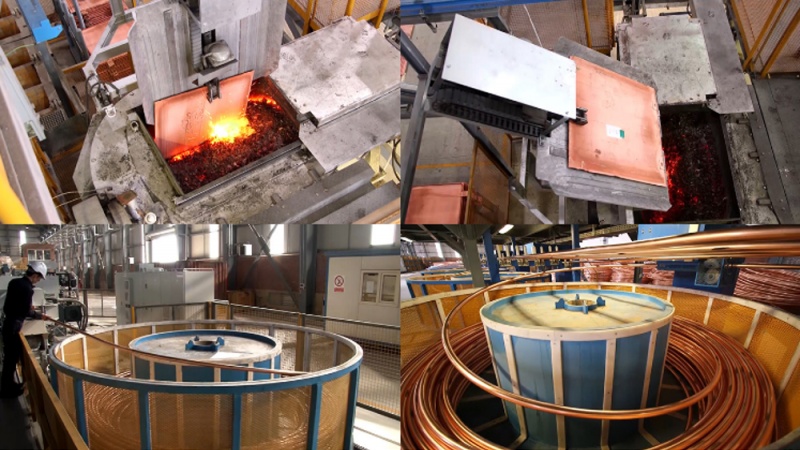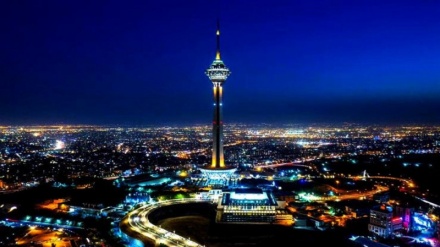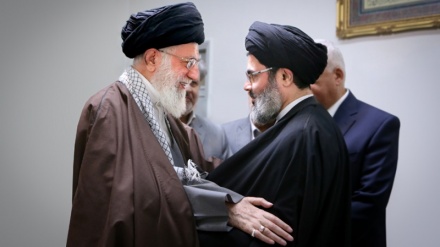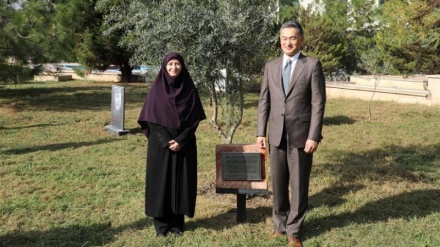Iran opens 50,000-tonne copper cathodes project
Iran has launched a new project to produce 50,000 tonnes of copper cathodes a year, using bioleaching technology which the plant's CEO calls revolutionary.
The project carried out by the Iranian Babak Copper Co. (IBCCO) with 40 trillion rials ($166 million) of investment was inaugurated by President Hassan Rouhani via videoconference on Thursday.
The plant is located in Shahr-e Babak in Kerman province, home to West Asia’s largest open cast copper mine.
It uses tank bioleaching process (metal solubilization by microorganisms) which is considered an environmental-friendly and economic method for separating copper from copper sulfide.
"With this opening, we will see the introduction of the latest environmental-friendly technology in the production of copper cathodes to Iran and the world, which will pave the way for a new revolution in copper cathode production," IBCCO Managing Director Mohammad Reza Mirzaei said.
"The most important factor that makes this production complex an unparalleled example in the world is the use of bioleaching technology for the first time in the world on an industrial scale," he added.
The opening of the project, Mirzaei said, provides sustainable direct employment for 400 people.
As of 2020, Iran produced about 309,000 tonnes of copper, according to data from the World Bureau of Metal Statistics. It aims to boost that to 800,000 tonnes by 2025.
The country has 2.6 billion tonnes of copper reserves. One of the major mines is the Sarcheshmeh complex in the southeast Kerman province.
Another major prospect, Sungun mine in East Azarbaijan province, is the largest open-cast copper mine in northwest of Iran, but it is in the primary stages of extraction.
SS



